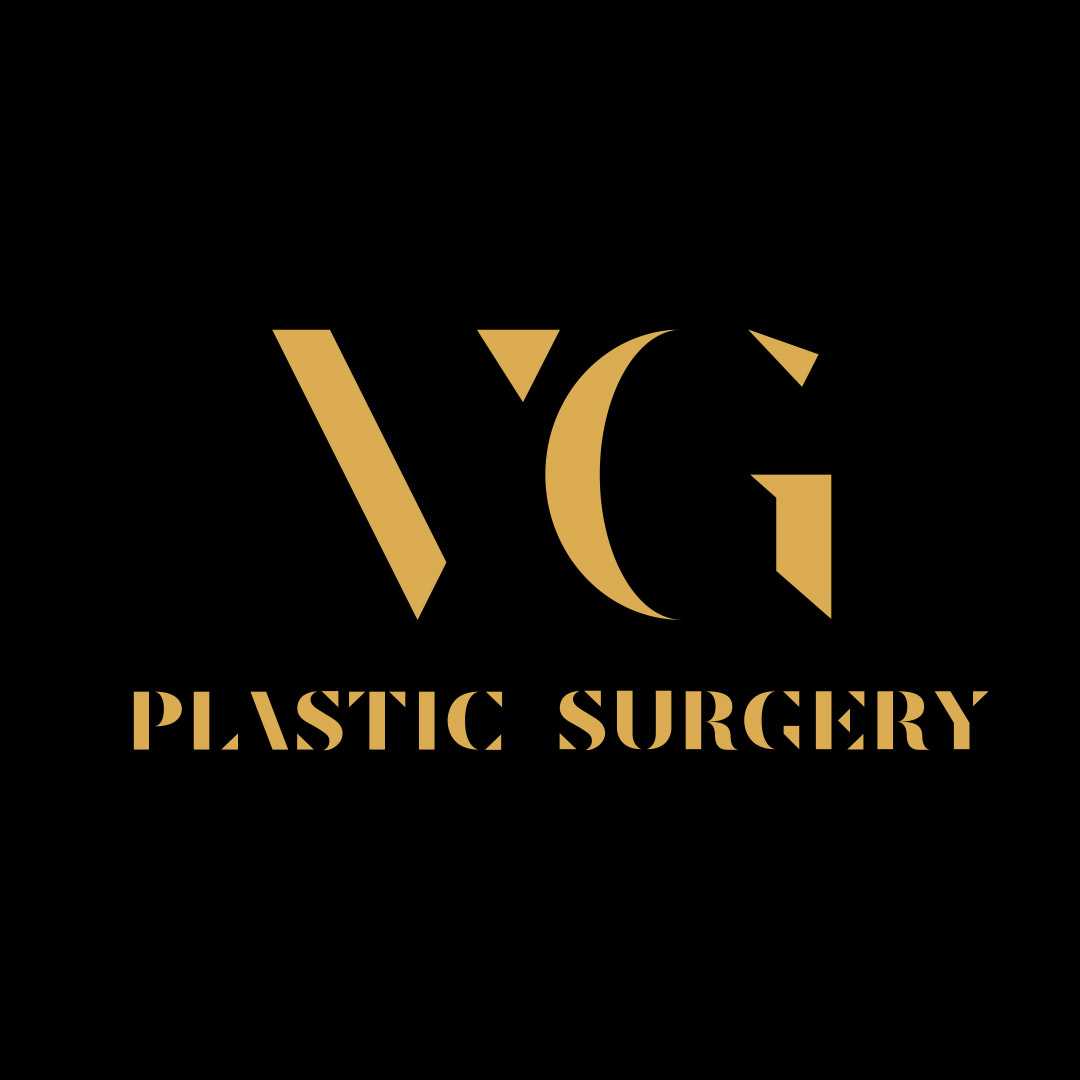
The Rise of Chinese Medical Tourists in Gangnam Cosmetic Surgery
Have you noticed the buzz around Seoul's Gangnam district? It's not just about K-Pop or high fashion anymore. Gangnam has firmly established itself as a global powerhouse for cosmetic surgery, attracting visitors from all over the world. Among the most significant trends is the growing number of Chinese medical tourists choosing Gangnam Cosmetic Surgery for procedures that go beyond simple tweaks. They are seeking premium enhancements – sophisticated, high-quality transformations delivered by world-class experts.
Why Gangnam? And why the focus on premium? Clinics in this district, renowned for their expertise and advanced technology, offer a level of surgical artistry that resonates with clients seeking the very best. Let's explore the factors driving this surge and delve into the world of high-end aesthetic procedures available in the heart of Seoul. This journey reveals why Gangnam is the destination for those pursuing transformative, top-tier results.
Gangnam: A Global Leader in Advanced Aesthetic Surgery
Gangnam isn't just a district; it's become synonymous with cutting-edge beauty and aesthetic medicine. Its reputation as a global leader in cosmetic surgery isn't accidental. It's built on a foundation of concentrated expertise, innovation, and a relentless pursuit of aesthetic perfection.
Why Chinese Tourists Choose Gangnam for Premium Cosmetic Procedures?
The decision for Chinese individuals to travel to Gangnam for cosmetic surgery, particularly for premium procedures, stems from a powerful combination of factors. It's about accessing a level of skill, technology, and aesthetic refinement that meets their high expectations. Clinics in Gangnam effectively market features that directly address these desires.
Understanding the Cost of Premium Enhancements:
Premium Gangnam Cosmetic Surgery, encompassing procedures like intricate facial contouring (V-line, cheekbone reduction), complex revision surgeries, or full facelifts, represents a significant investment in quality and expertise. Costs are influenced by the surgeon's renown, the complexity and duration of the surgery, anesthesia requirements, and the clinic's facility fees.
|
Procedure Type |
Estimated Cost in Gangnam (USD) |
Notes |
|
Basic Cosmetic Procedures |
Standard pricing |
More consistent across clinics |
|
Premium Single Procedures |
$8,000 – $20,000+ |
Depends on complexity and surgeon’s reputation |
|
Multi-Procedure Makeovers |
$20,000+ |
Pricing varies widely; personalized quotes recommended |
Getting a personalized consultation and a detailed quote is essential. It ensures you're fully informed about what you’re paying for—whether it's a single premium procedure or a complete transformation package. Ultimately, Gangnam offers the perfect balance between affordability and luxury for those seeking world-class aesthetic results.
Popular Premium Enhancements Offered in Gangnam Cosmetic Surgery
Chinese tourists seeking premium results often focus on specific, transformative procedures where Gangnam surgeons have demonstrated exceptional skill. These go far beyond simple enhancements, involving complex techniques and artistry.
Defining the "Premium" Experience in Gangnam Cosmetic Surgery
What truly elevates a cosmetic surgery journey to "premium" status in Gangnam? It's an integration of multiple factors that ensure exceptional results, safety, and comfort, as reflected in the offerings of top-tier clinics.
Selecting the Right Clinic for Premium Gangnam Cosmetic Surgery
Choosing a clinic for a significant, premium procedure requires careful consideration and due diligence. It's about finding the perfect match for your specific needs and ensuring the highest standards of safety and quality.
The Patient Journey: Experiencing Premium Care as a Chinese Tourist
Undergoing premium cosmetic surgery in Gangnam as a Chinese tourist involves a well-coordinated process designed for international visitors seeking high-end care.
Future Outlook: Gangnam's Continued Appeal for Premium Cosmetic Surgery
The trend of Chinese medical tourists seeking high-end cosmetic procedures in Gangnam shows no signs of waning. Several factors suggest this market segment will continue to thrive.
Frequently Asked Questions (FAQs)
Ready to Achieve Your Aesthetic Goals with Premium Gangnam Cosmetic Surgery?
Choosing to pursue premium cosmetic surgery abroad is a major decision, but for many Chinese tourists, the allure of Gangnam Cosmetic Surgery is undeniable. It represents access to unparalleled surgical artistry, cutting-edge technology, and the chance to achieve sophisticated, transformative results that align perfectly with their aesthetic aspirations.
Whether seeking intricate facial refinement or comprehensive rejuvenation, the expertise concentrated in Gangnam is world-renowned. The commitment to safety, combined with services tailored for international visitors, makes the journey smoother and more reassuring.
If you're considering Plastic Surgery in South Korea and want access to the best that Gangnam has to offer, navigating the options can be overwhelming. Let PlacidWay help you connect with verified, leading plastic surgeons and clinics in South Korea specializing in the procedures you desire. Contact PlacidWay today for personalized guidance and start your journey towards exceptional results!











.png)






Share this listing